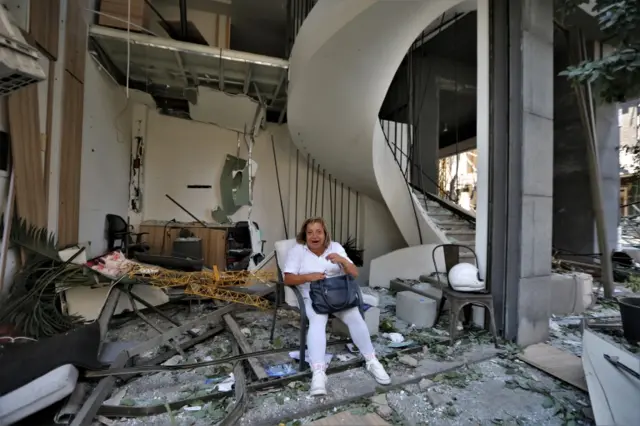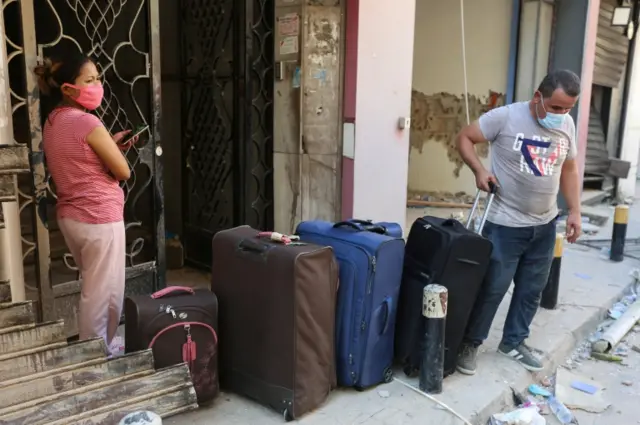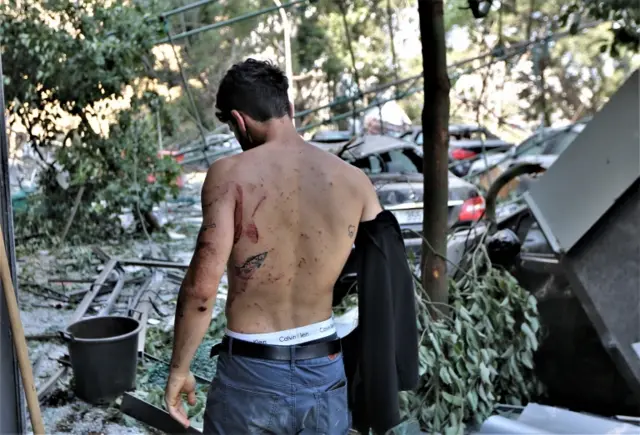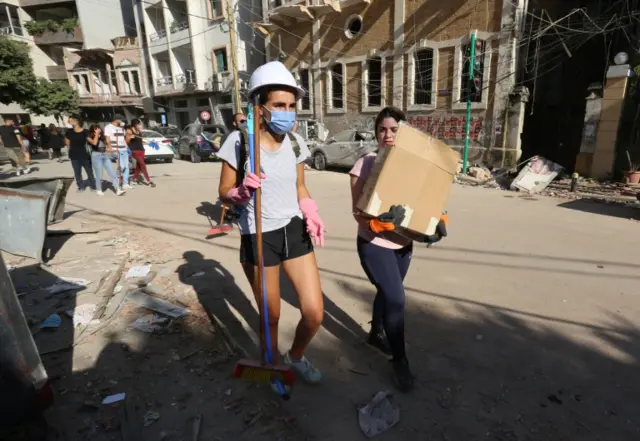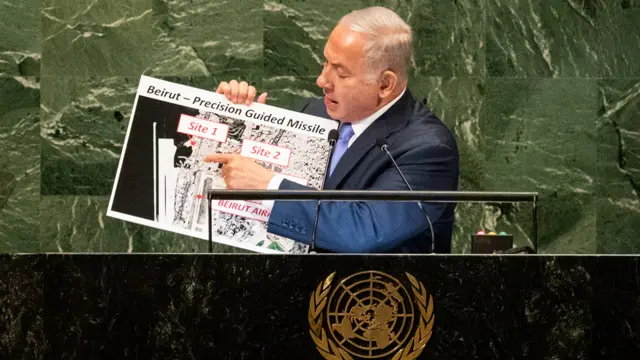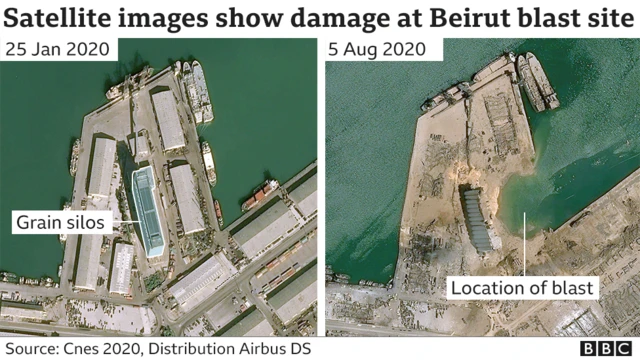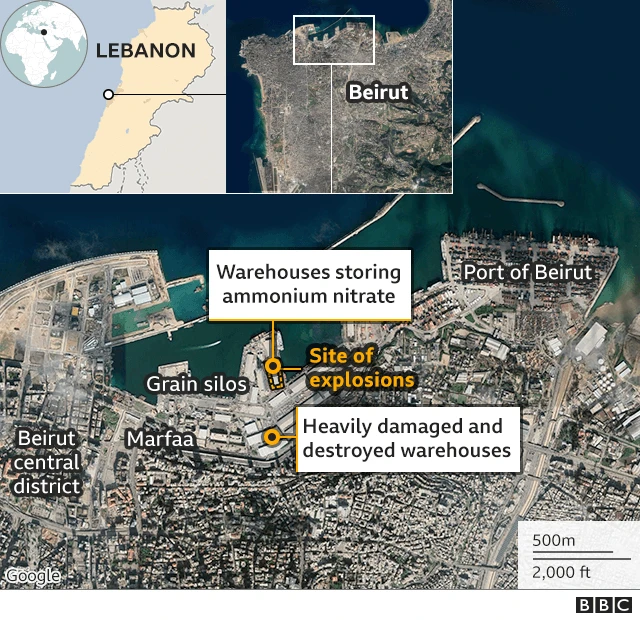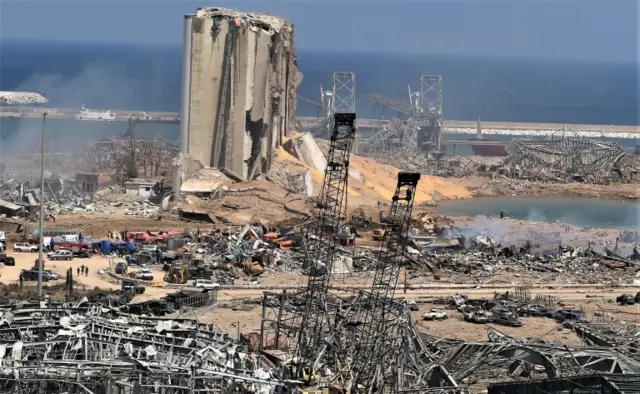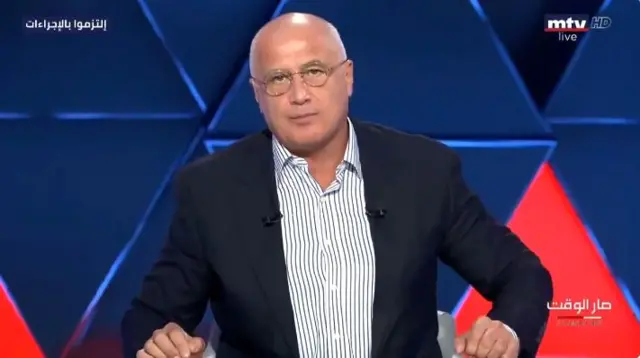We're ending our live coveragepublished at 19:07 BST 5 August 2020
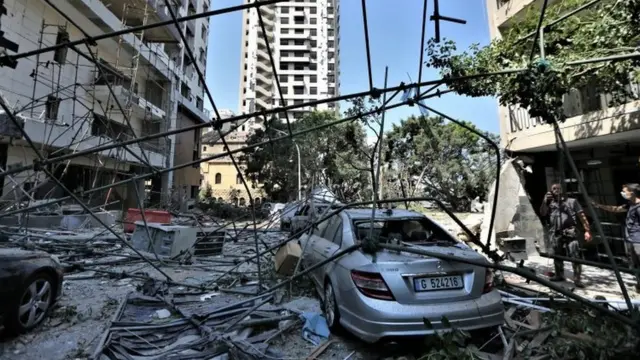 Image source, EPA
Image source, EPAThanks for joining us today. We're pausing our live page on the Beirut explosion, but in the meantime, here is a summary of what we know so far:
- Lebanon's government says a number of Beirut port officials are under house arrest pending an investigation into Tuesday's huge explosion
- The blast has killed at least 135 people and injured more than 4,000 others
- A two-week state of emergency has begun in Beirut
- President Michel Aoun said the blast was caused by 2,750 tonnes of ammonium nitrate stored unsafely in a warehouse
- And customs chief Badri Daher said his agency called for the chemical to be removed, but "this did not happen"
Our news story will continue to be updated and you can read a summary of what happened on Tuesday here.







